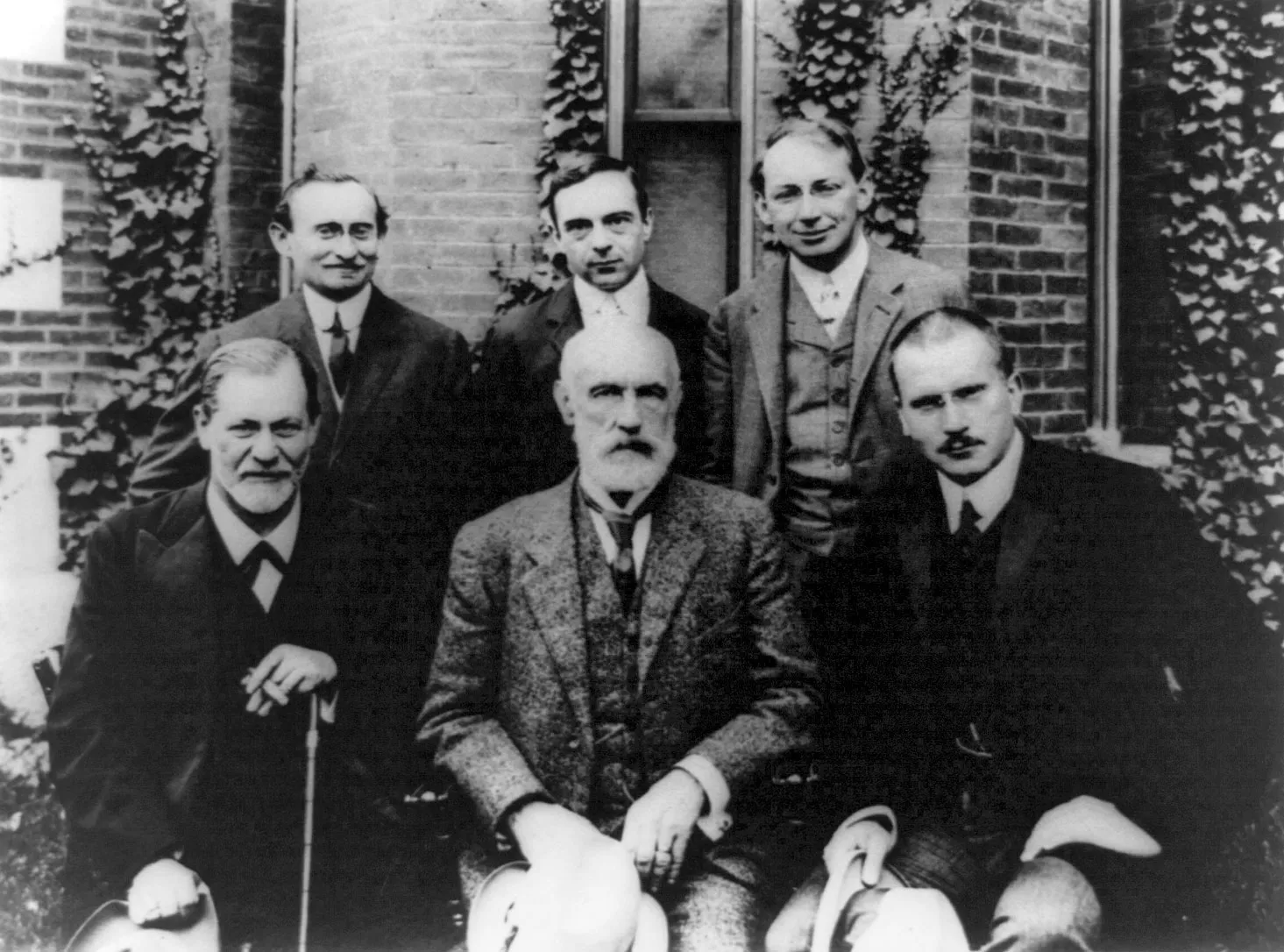No Results Found
The page you requested could not be found. Try refining your search, or use the navigation above to locate the post.

Welcome to Taproot Therapy Collective’s exploration of psychology’s rich historical development, from ancient philosophical inquiries into human nature to contemporary neuroscience research. Our history of psychology content examines how different eras, cultures, and thinkers have shaped our understanding of mental health, consciousness, and therapeutic healing.
Our historical psychology articles trace major developments from ancient Greek and Roman approaches to mental illness through medieval spiritual healing traditions, Enlightenment rational approaches, and the emergence of modern psychological schools. We explore how figures like William James, Sigmund Freud, Carl Jung, and B.F. Skinner revolutionized mental health understanding while examining lesser-known contributors whose work influences contemporary practice.
You’ll discover how historical events, cultural shifts, and scientific discoveries shaped psychological theories while learning about forgotten approaches that are finding new relevance in modern therapy. We examine both progress and mistakes in psychology’s development, including harmful practices that remind us to remain humble about current knowledge.
These pieces show how historical insights inform the therapeutic approaches detailed on our main services page, from understanding psychoanalytic foundations underlying modern depth work to seeing how behaviorist research shapes contemporary evidence-based practices explored in our psychology and research section.
We explore recurring themes across psychological history, patterns of scientific revolution and paradigm shifts, and how ancient wisdom traditions continue influencing contemporary therapeutic innovation.
Our articles often examine Southern and Birmingham mental health history, from historical treatments and attitudes to the region’s contributions to psychological research and the impact of social movements on local mental health understanding and practice.
Contact Taproot Therapy Collective: 📍 2025 Shady Crest Dr. Suite 203, Hoover, AL 35216
📞 (205) 598-6471
🌐 www.GetTherapyBirmingham.com
🎧 Podcast: gettherapybirmingham.podbean.com
Discover + Heal + Grow with Taproot Therapy Collective – Birmingham’s resource for understanding psychology’s historical development and its influence on contemporary mental health practice.
The page you requested could not be found. Try refining your search, or use the navigation above to locate the post.